The kinetic art is still one of the most recent remnants of modern art, the device of creating optical illusions remains a mystery to the human mind and has fascinated and captured the attention of millions of people, so today I bring you the life and work of another Argentine artist, but with French ascent, I'm talking about Julio Le Parc.

Julio Le Parc is an Argentine sculptor and painter considered one of the greatest exponents of kinetic art and one of the forerunners of kinetic art. He was born on September 23, 1928 in Mendoza, Argentina. Coming from a working-class family, he always made art but without leaving trades that gave him the sustenance to help his family nucleus, the painter's family was very united and supported him since he was a child in his first steps in art.
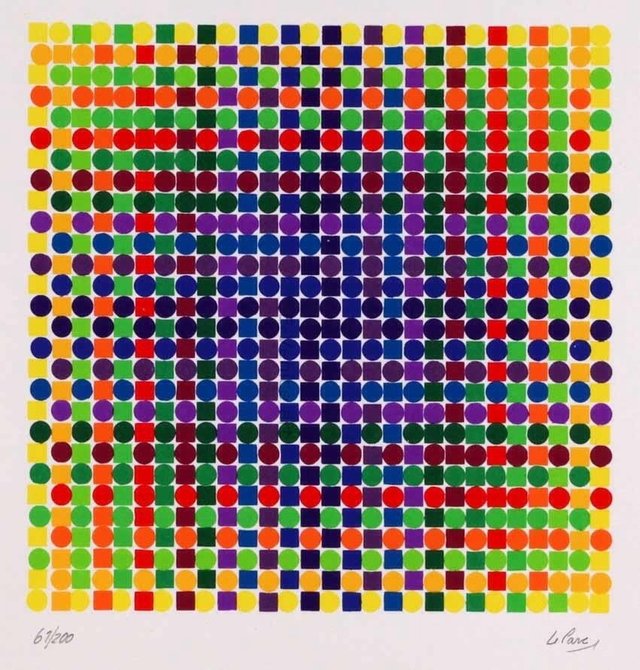
From a very young age he was related to art, and at the age of 13 he travels to the capital of the southern country to prepare academically in the School of Fine Arts, leaving it in 1947 a little frustrated with the type of teaching that was given at the time with very classic and romantic concepts.
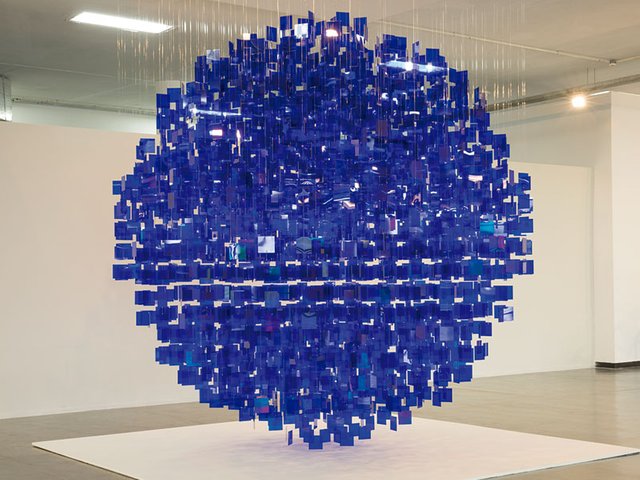
Years later in 1954 to be exact, he incorporates himself again to the artistic life participating in a group of theater, achieving in a short time to enter the board of directors of the national school of fine arts.
In his first stages he makes paintings in the abstract artistic genre, being good with his paintings he decides to participate in a contest for a student scholarship that wins and travels to Paris in 1958 thanks to the French Cultural Service.
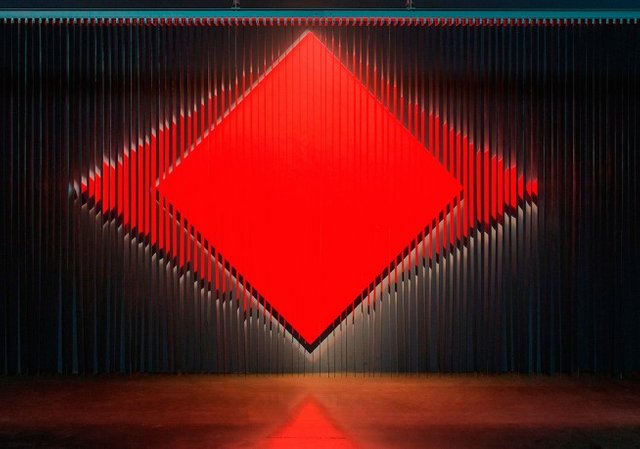
Since he arrived in Paris he participated in different cultural groups and met other precursors of kinetic art such as Alejandro Otero and Jesús Soto, who encouraged each other to start a new pictorial style that would break with all the schemes that were up to that time.
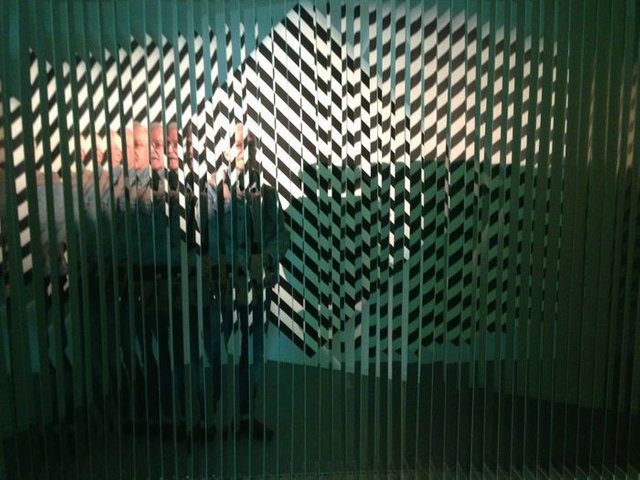
From that moment on, fame and well-deserved success knocked on the painter's door, in 1964 he obtained the International Torcuato Di Tella Prize, in 1966 he made his first exhibition in New York City and in that same year a few months later he won the prestigious prize of the Venice Biennale in the painting prize category.
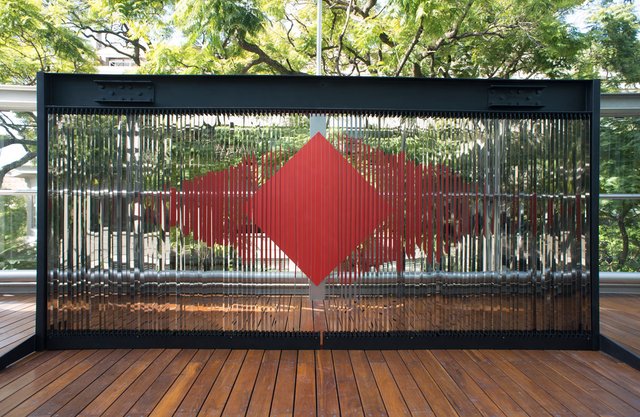
In 1968 he was expelled from France due to political problems of the time, but then returned when the expulsion measure was dissolved.
One of his most famous works is entitled displacements, a careful and careful study of light and movement, he continues to investigate light and experiments with electricity and transparencies applied to murals.
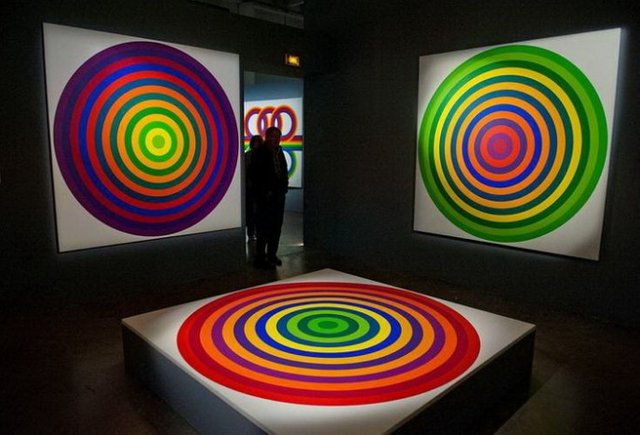
It is impressive the handling of the light as of all the spectrum, his works are characterized for being able to be intervened by the spectator, that communication realizes it to the incorporation of artificial illuminations, specular effects, some reflections, using phosphorescent fluids, in short, all a sensory experience for the spectator.
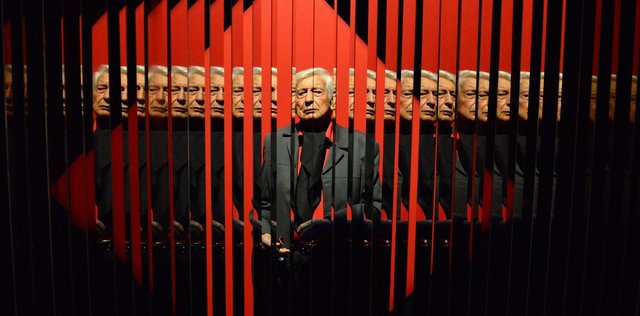
One of the things I like most about kinetic art is its ability to involve the viewer with the work itself, it is tedious to go to a museum and see a still work, kinetic art surrounds you with colors, with optical effects that generate spasms in the retina of the eye, it is truly very gratifying to be immersed and to be one with the work.
Thank you for reading


If you liked reading this article, feel free to FOLLOW ME, UPVOTE and RESTEEM! It's always appreciated =D. Thank you all for your support and see you soon for the news flamingirl's adventures!


Source 1
Source 2
Copying and pasting previous posts could be seen as spam when:
If you believe this comment is in error, please contact us in #disputes on Discord
Downvoting a post can decrease pending rewards and make it less visible. Common reasons:
Submit